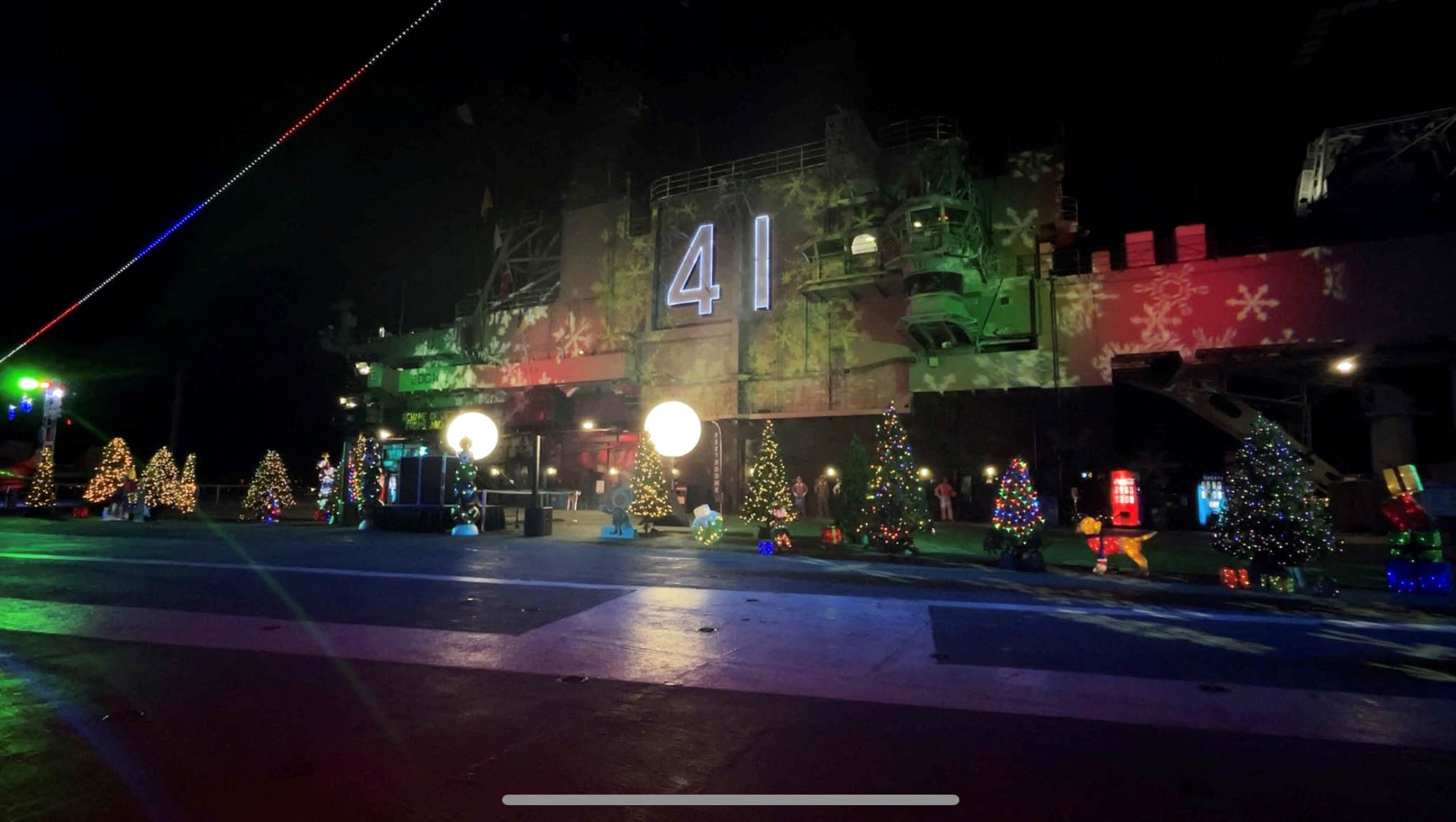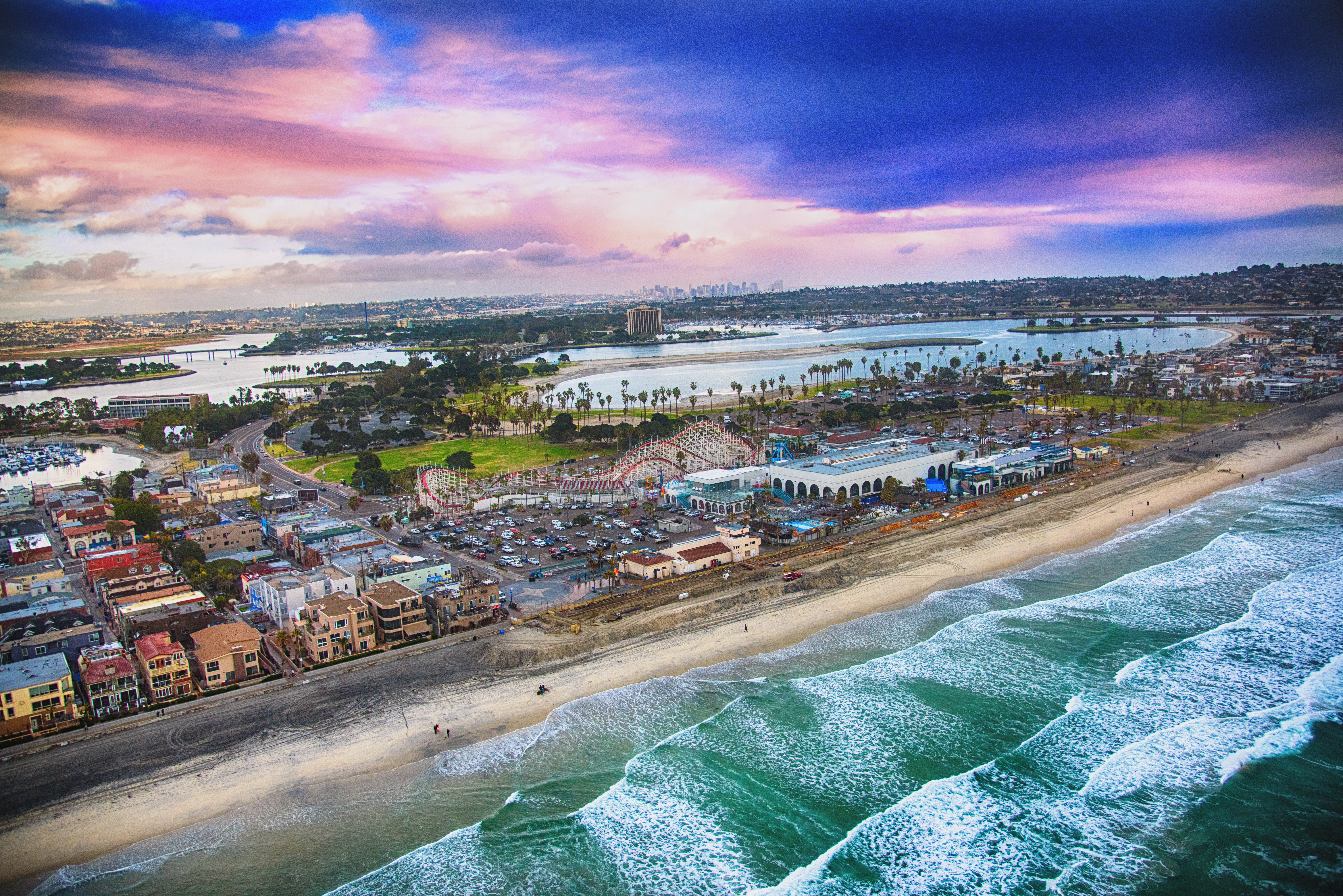Opponents to San Diego's smart streetlight program on Tuesday called for the city to put a stop to the data-collecting process.
The city uses a network of thousands of sensors installed atop streetlights to collect data that they say can be used to improve traffic flows, analyze the city's energy needs and increase public safety.
But an anti-surveillance group says the program is a case of Big Brother keeping an eye on its citizens and plans to present a letter to the city of San Diego Wednesday that calls for a moratorium on its use.
The group, the Anti Surveillance Coalition (ASC), says there wasn't enough community input prior to the installation of the cameras.
"I understand that there may be benefits to crime prevention, but the point is, we have rights and until we talk about privacy rights and our concerns, then we can't have the rest of the conversation," Genevieve Jones-Wright with the ASC said.
The ASC also wants the city to release public records showing how the information collected by the cameras is being used.
The San Diego Police Department is the only city agency that can access raw video or images tracked by the sensors; video evidence is only obtained following a violent crime, fatal or serious injury traffic collision, or a property crime that is series-related or high-loss.
Local
SDPD Capt. Jeffrey Jordon said the department accessed video from smart streetlights 164 times in the last 13 months.
The smart cameras are not equipped with license plate reader technology, facial recognition, or pan-tilt-zoom capabilities, according to the city.
According to a study released by a UK-based privacy research group last month, San Diego is among the top five most-surveilled big cities in the United States and among the top 50 in the world.
The study by Comparitech tracked the number of CCTV cameras in a city to the population size and found that San Diego's 3,600 smartlight and facial recognition cameras averaged to 2.28 devices per 1,000 people.
The stats could actually be higher. According to the city, about 4,200 smart streetlights will be installed across the city by 2020.
Jordon called the study misleading because the city does not actively monitor those cameras and only accesses video in criminal investigations.
The study did not analyze San Diego's use of police body camera video or license plate reader data, both of which have been met by outcry from privacy advocates.
While San Diego was among the top five most-surveilled cities within in the U.S., it was ranked 42nd among world cities.
San Diego Mayor Kevin Faulconer has been an ardent supporter of the smart program and says the cameras are never used for surveillance. A spokesperson for the mayor sent the following statement to NBC 7.
"The Mayor is a strong support of using technology to improve the lives of San Diegans and the smart streetlight program is used to collect valuable information, such as traffic and pedestrian counts, that can be used for future planning. The San Diego Police Department uses the streetlight cameras only to investigate crimes that have already occurred and never for surveillance. The bottom line is you have nothing to worry about unless you decide to commit a violent crime on a street corner in full public view."



